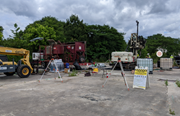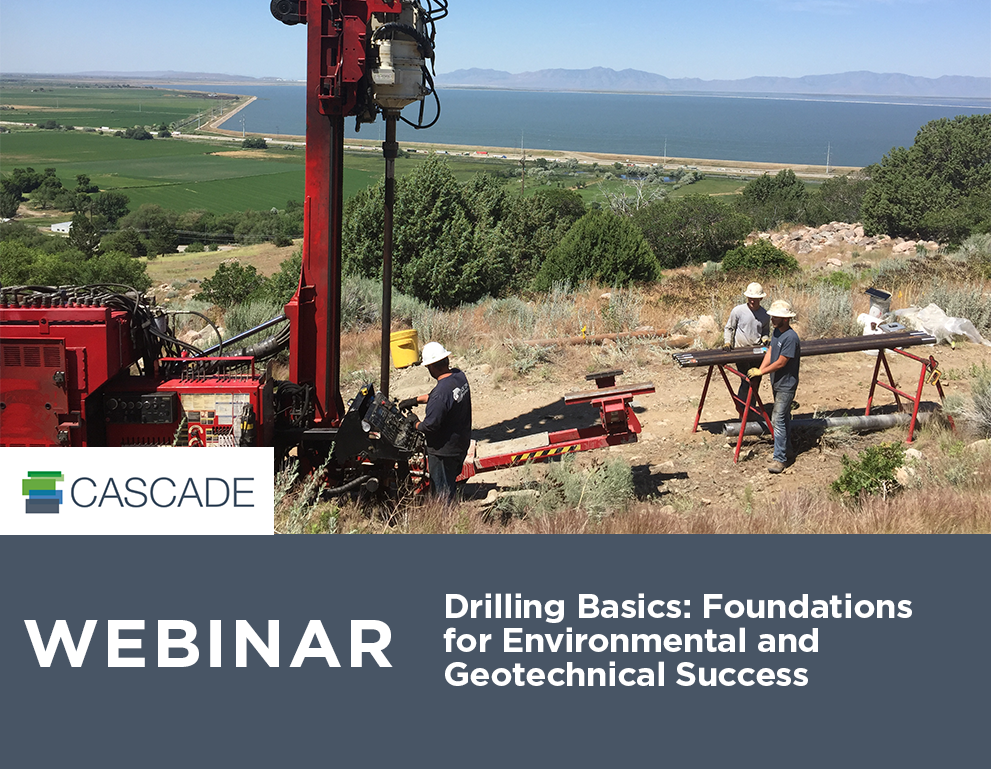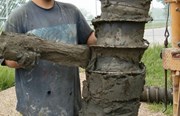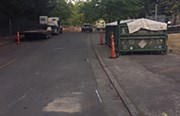Vetting Contractors: The Lowest Price Isn’t Always the Best Value
By: BILL POUPISChoosing a drilling contractor for your project can be difficult. There’s a lot riding on your selection. Although every client wants to stay within or under budget, the best value isn’t always found in the proposal with the lowest cost. In this blog post, I’ll walk you through the questions you should be asking as you evaluate different drilling contractors and their bids.
If you’re new to the environmental and geotechnical world, you may be interested in my webinar next week, Developing Your Drilling Plan, From Project Estimate to Mobilization. I’ll cover everything from getting cost estimates and developing an accurate schedule to obtaining permits and managing site logistics. There will also be time for a Q&A, so bring your questions.
Every project is different, and consequently what you require of your drilling contractor changes depending on the site. Although these questions don’t cover everything you should know, they apply to every contractor you evaluate.
DOES THIS CONTRACTOR HAVE QUALIFIED FIELD STAFF?
- How long have crew members been working in the drilling industry?
- How much experience do they have with the drilling technology you’ve selected?
- Do they have the appropriate certifications and licenses?
- What type of safety training have they received?
- What is their safety record?
If these questions aren’t answered in the initial project proposal, follow up with the contractor and ask. You may find that their responses have a significant impact on your final vendor selection.
DOES THIS CONTRACTOR HAVE THE RIGHT EQUIPMENT TO ACCESS THE PROJECT SITE?
- Do you need limited or restricted access equipment?
- Do you need portable drilling rigs?
- If a full-size rig can access the site, does it need to be track mounted?
- Does the contractor have a plan for preventing and handling equipment issues?
Smaller drilling companies might not have the specialized rigs your project site may require. Your project is not the time to experiment with workarounds or rig modifications—you need to know that the equipment your contractor mobilizes is built to do the work you need.
DOES THIS CONTRACTOR HAVE THE RIGHT TECHNOLOGIES AVAILABLE?
Some drilling contractors specialize in specific technologies. While they may be able to do the work required, is the drilling technology they offer the best fit for you site? The ideal drilling partner would have an array of options, and would offer the one best suited for your project’s lithology, timeline, budget and goals.
If you aren’t yet familiar with the types of drilling technologies available, you may want to check out this overview.
DOES THIS CONTRACTOR HAVE SUPPORT STAFF TO ENSURE THE PROJECT IS COMPLETED SAFELY, ON TIME, AND ON BUDGET?
While an experienced drill crew is obviously a vital part of any drilling venture, the professionals who work behind the scenes are no less important. Your contractor should have a comprehensive environmental health and safety program run by experienced professionals, with written policies and procedures, training for crews, and documentation. They should have project managers ensuring every one of their tasks is completed and every T crossed, and there should be someone responsible for fleet maintenance and repair. And ideally, your contractor should have support from other offices to provide backup personnel or equipment if needed. Without this type of support, things can easily go wrong and schedules can veer off course.
This list of ways to vet your vendor is by no means complete, but it should put you on the path toward identifying which contractors are offering the most valuable proposals—not just the least expensive.
If you’d like to learn more about developing your drilling programs, join me next week for Developing Your Drilling Plan, From Project Estimate to Mobilization. All attendees will receive a certificate of completion.












